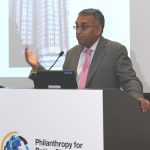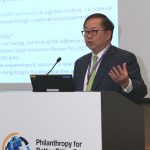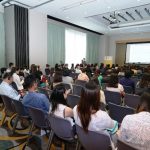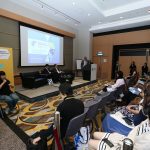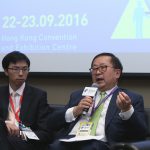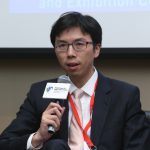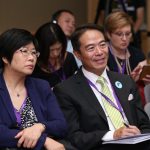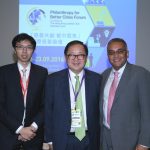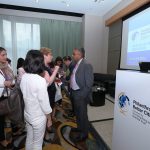Speakers:
- Donald Li Chairman, Bauhinia Foundation Research Centre
- Alexander Ng Deputy Director, China Country Office, Health Innovation & Partnership, Bill & Melinda Gates Foundation
Facilitator:
- Ashish Jha Director, Harvard Global Health Institute
Video
It is now a fact, not opinion, that cities are our future. 2015 marked the first time ever in human history that more people live in cities than outside. Cities are also at the epicenter of vulnerabilities, and opportunities, around health. Increasingly too, it is also more vulnerable to pandemics, and its impacts potentially more severe.
The panelists identified the opportunity for cross-cities learning when preparing for and responding to disasters such as pandemics. Specifically, Dr. Li highlighted the importance of local preparedness and disaster response within cities as an organizing political unit. While Dr. Ng provided the global framing context that due to the greater mobility and interdependence among populations around the world, the spread of pandemics is “just one doorstep” away from happening in any city. The challenge and opportunity is in how to export lessons and wisdom from experiences learned in cities that have tackled disasters.
From a local perspective, building in city resiliency is mainly about changing mindsets and having an integrated approach to responding to disasters before they even occur. Citing the Sendai framework, Dr. Li reiterated the need for and challenge in convincing stakeholders to put resiliency, and health, at the forefront of any disaster preparedness work. This is even if as a topic this may not be at the “top of mind” priority for leaders in their respective sectors.
From a global perspective, Dr. Ng emphasized that the role of philanthropy such as what Gates Foundation does is more along the lines of catalytic impact rather than strategic. Catalytic in the sense that it focuses on a social issue vertical and going deeply into the root issues and finding ways to roll out successful initiatives such as vaccine to reach as many of the world’s population cheaply, sometimes by up to 99% to eradicate specific diseases.
As humanity transitions to becoming an urban species, to understand global health issues and how to tackle and build resiliency around vulnerabilities, one need not go far and can study it within any city as an organizing unit. How a city innovates in this area can have a significant difference in terms of managing its risks around disasters for its population. Issues on sustainability, health, well-being and resilience require integrated approaches with health being a key element in the discussions. Dr. Li commented that while Hong Kong has learned a lot from its responses to the SARS situation in early 2000, it can do a better job at strengthening the effectiveness of primary care support in fostering mindset and behavior shifts in disaster preparedness and response.
As with other sessions at the forum, this session also talked about the importance and need for cross-sector dialogue and collaboration. But to get the attention of other non-health sectors, one needs to speak their language, and to quantify one’s work or impact in terms that resonate with the other sectors.
